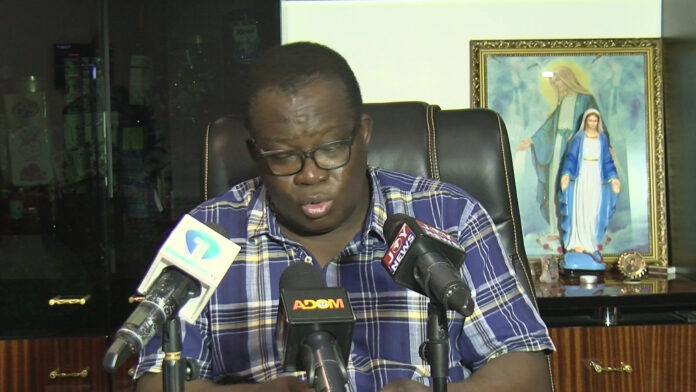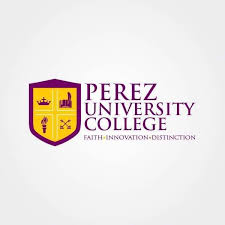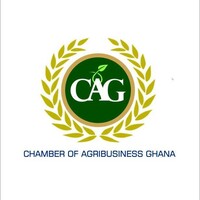NAGRAT Calls for Delay of Free SHS Bill to Allow More Stakeholder Engagement

The National Association of Graduate Teachers (NAGRAT) has called for the suspension of discussions regarding the Free Senior High School (Free SHS) Bill, which is slated to be presented to Parliament when the House reconvenes on December 16. NAGRAT argues that the bill has not undergone sufficient consultation with key stakeholders and requires broader engagement before it is presented for consideration.
The Free SHS Bill, which was drafted by the Ministry of Education, aims to establish a legal framework for the implementation of the Free SHS programme. However, NAGRAT has expressed concerns that the bill has been rushed through without adequate input from various relevant parties, which could lead to challenges in its execution. The association believes that a more comprehensive consultation process is necessary to ensure that the final law meets the needs of all stakeholders involved in the education system.
At a press conference held in Accra, NAGRAT President, Angel Carbonu, emphasized the importance of engaging with a wide range of stakeholders before any decisions are made regarding the bill. He explained that while the bill’s title, “Free Senior High School Education,” might suggest that it focuses solely on the cost of education, the document contains issues that extend beyond just providing free senior high school education. This includes matters that could have significant implications for the broader education system, and Carbonu argued that these must be addressed before proceeding with the bill’s passage.
Carbonu also voiced his concerns over the timing of the bill’s introduction in Parliament, describing it as “morally wrong” to pass such important legislation during the final sittings of the current Parliament. He suggested that it would be more appropriate for the incoming Parliament to take up the issue, allowing for a more thorough and thoughtful review of the bill. By doing so, the incoming government would have the opportunity to ensure that the bill is well-considered and that there is proper stakeholder involvement before it becomes law.
Further, Carbonu called for a more carefully targeted approach to the proposal put forward by President-elect John Mahama for tuition-free education for first-year university students. He acknowledged the importance of such a proposal but expressed concerns about the financial feasibility of implementing it, given the current economic challenges in Ghana. Carbonu pointed out that the country is facing significant financial constraints and that any new policies should be carefully planned and implemented with financial prudence in mind. He stressed that resources must be allocated wisely to ensure the sustainability of educational reforms.
NAGRAT’s call for a suspension of the Free SHS Bill is reflective of broader concerns within the educational community about the long-term impact of such legislation. The association has consistently advocated for more comprehensive consultation and input from teachers, education experts, and other stakeholders in the development of education policies. Carbonu’s remarks underscore the need for a more inclusive approach that takes into account the perspectives of those directly involved in teaching and learning.
Moreover, NAGRAT’s position highlights the importance of ensuring that policies like Free SHS are not just enacted for political gain, but are sustainable and well-thought-out in the long term. It also draws attention to the need for greater accountability in the policymaking process, as well as the need for education policies to be fully aligned with the country’s financial capabilities.
In summary, NAGRAT’s call for the suspension of the Free SHS Bill and its emphasis on broader stakeholder engagement underline the significance of thoughtful, inclusive policymaking. The association’s concerns regarding the bill’s rushed introduction and the need for more targeted education policies reflect broader calls for transparency and long-term sustainability in Ghana’s educational reforms. With careful planning and consultation, NAGRAT believes that policies aimed at improving education in Ghana can be more effective, equitable, and sustainable in the years to come.








